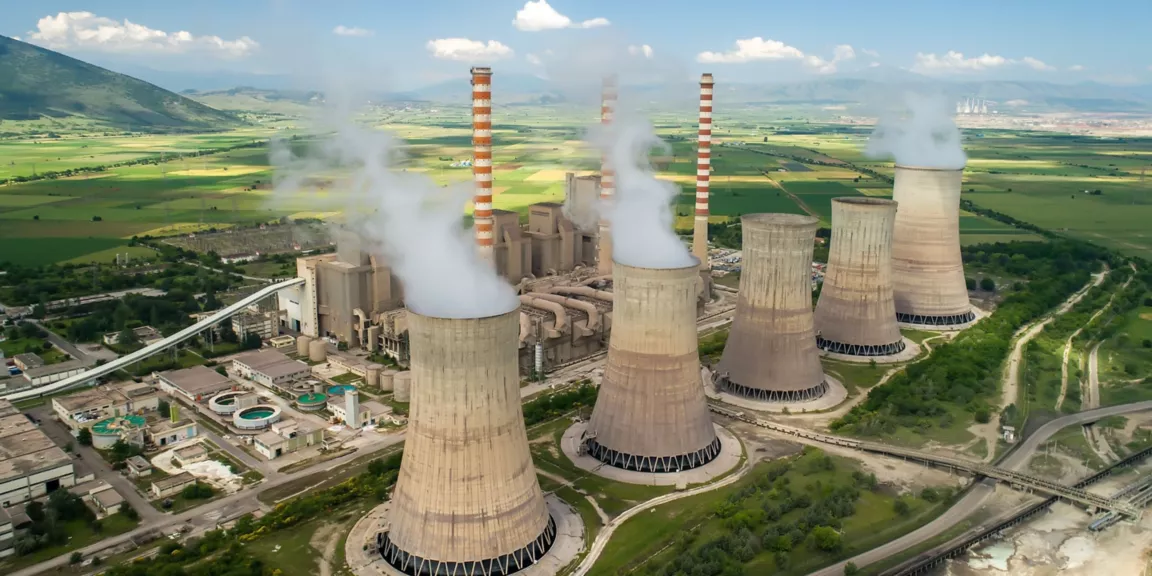
Methane Emissions Increasing at Unprecedented Rates, Say Experts 2024
Methane, a potent greenhouse gas, is increasing in the atmosphere at a much faster rate than other greenhouse gases, according to recent research. While carbon dioxide often takes the spotlight in climate change discussions, methane is now emerging as a critical concern due to its ability to trap heat at significantly higher rates. Researchers warn that the rapid rise in methane emissions could have drastic implications for global warming.
The sources of methane are varied, with the largest contributions coming from agriculture, fossil fuel extraction, and waste management. Livestock, particularly cows, are one of the most significant emitters, releasing methane through their digestive processes. In addition, methane leaks from oil and gas drilling operations continue to be a major issue, with experts calling for better regulation and control in the energy sector.
The increased concentration of methane in the atmosphere is troubling because it has an outsized impact on climate change. Despite its relatively short atmospheric lifespan compared to carbon dioxide, methane traps heat more efficiently, amplifying the greenhouse effect in the short term. This makes it an urgent focus for climate policymakers who are working to mitigate global warming.
Efforts to reduce methane emissions are already underway, with several governments pledging to cut methane output as part of their climate action plans. These strategies include improved agricultural practices, more stringent regulations on fossil fuel industries, and encouraging reductions in food waste. Scientists are hopeful that addressing methane emissions now could slow down the rapid pace of climate change in the coming decades.







